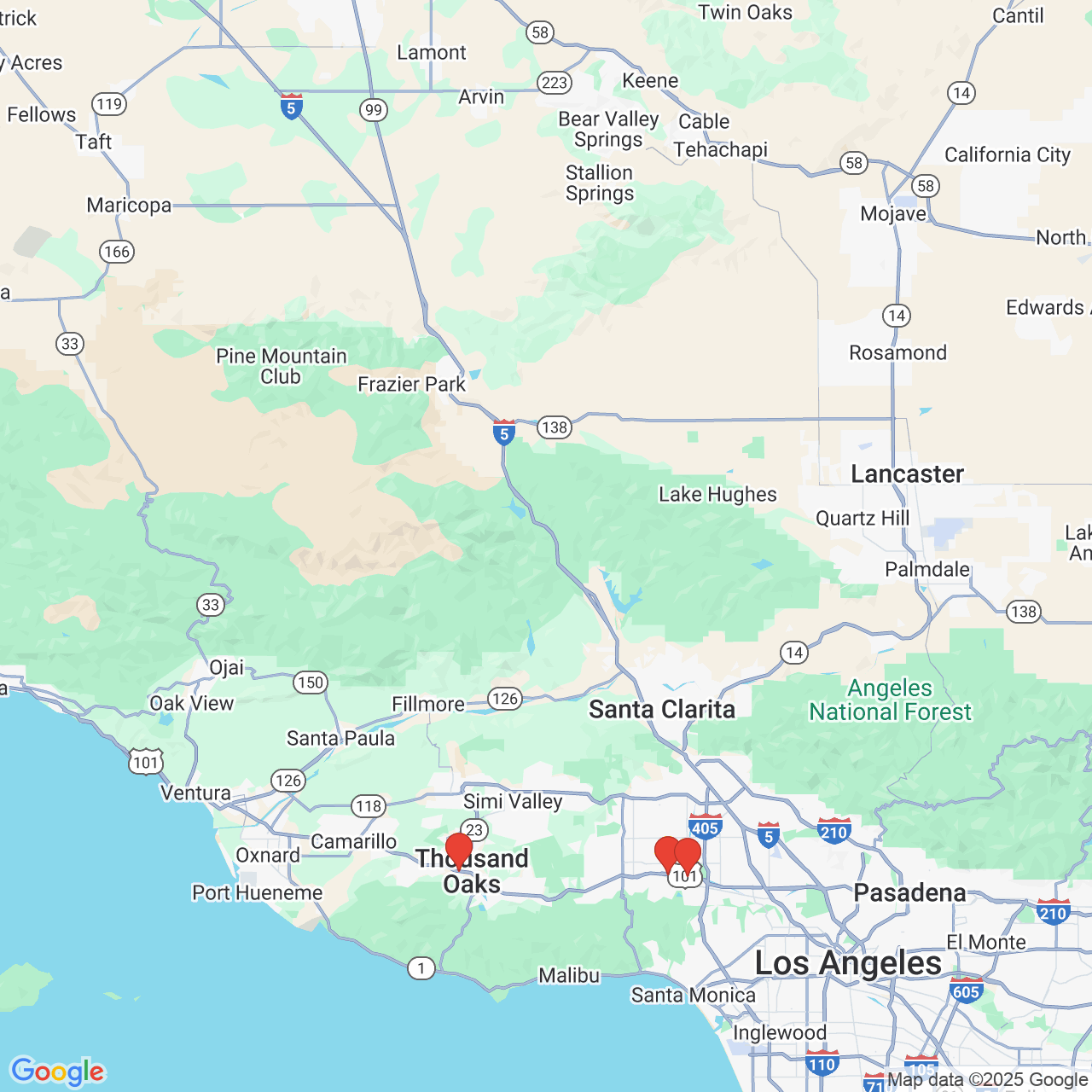Recurrent Pregnancy Loss - What Can Be Done?
Recurrent pregnancy loss in the Los Angeles area is defined as three or more consecutive losses of clinically recognized pregnancies prior to the 20th week of gestation. Since the risk of recurrent pregnancy loss is similar after 2 pregnancy losses compared to three, here at the Center for Fertility & Gynecology, we begin the evaluation of recurrent pregnancy loss after two consecutive losses without waiting for the third loss to occur.
While true recurrent pregnancy loss is rare (0.4%-2%) “Sporadic” miscarriages are not uncommon. Infact approximately 15 percent of pregnant women experience a miscarriage and this number is even higher with advanced maternal and paternal age.
There is also a category of women who had normal pregnancies with intermittent miscarriages. Since those miscarriages are not consecutive, those women are not defined as suffering from “recurrent pregnancy loss” but according to some physicians, still require an evaluation.
What are the Risk Factors and Causes of Recurrent Pregnancy Loss?
1. Previous Miscarriage: after one miscarriage the risk of recurrent miscarriage is 14%-20%.
After two miscarriages the risk of recurrent miscarriage is ~ 25% - 30%.
After three miscarriages the risk of recurrent miscarriage is ~ 30%-35%.
2. Uterine factor: Uterine factor is responsible for 15%-20% of cases of recurrent pregnancy loss.
Congenital malformation of the uterus: Uterine septum, Bicornuate uterus, Uterine adhesions, Uterine polyps or fibroids.
3. Immunological factors: Antiphospholipid syndrome being the most common one and responsible for 5%-15% of recurrent pregnancy loss. Other immunological factors such as natural killer are very controversial.
4. Genetic factors: Chromosome rearrangement (3%-5% of recurrent pregnancy loss).
5. Decreased ovarian reserve and advanced maternal and paternal age.
7. Infections – infection with CMV, Toxoplasma and other organisms are usually responsible for sporadic pregnancy loss as opposed to recurrent pregnancy loss.
8. Environmental – coffee, drug use, tobacco use.
9. Unknown: in 50% of cases ofrecurrent pregnancy loss, an underlying etiology can not be found.

What Testing Can be Performed for Recurrent Pregnancy Loss?
Here in the Los Angeles area at the Center for Fertility and Gynecology we perform a series of tests that are specific for recurrent pregnancy loss. Those tests include testing of the uterine cavity, hormonal and immunological testing, tests on the sperm as well as genetic testing and hormonal testing.
What Can Be Done to Treat Recurrent Pregnancy Loss?
One of the most important steps in treating recurrent pregnancy loss is to identify the underlying cause. While there are many physicians who can perform testing for recurrent pregnancy loss, it is recommended that the evaluation for recurrent pregnancy loss be performed and interpreted by a fertility specialist. Once the underlying cause is identified, most cases of recurrent pregnancy loss can be treated relatively easily. If the patient is found to have a uterine septum, the septum can be removed with a simple and quick surgical procedure. After completing the procedure, the uterine cavity is restored to its normality. If a chromosomal rearrangement is found as the cause for recurrent pregnancy loss, the patient can undergo In Vitro Fertilization with Preimplantation Genetic Diagnosis in which embryos are tested for their chromosome arrangement and only healthy embryos are transferred back into the uterus. Finally, if an immunological process is found, the patient can be treated with specific medications.
It is most important is to find a fertility specialist that is knowledgeable on the different causes of recurrent pregnancy loss as well possible treatment options in order to achieve the appropriate help and successful pregnancy.
If you would like any additional information on recurrent pregnancy loss, please contact the Center for Fertility and Gynecology at 818-881-9800 or email paula@center4fertility.com.

